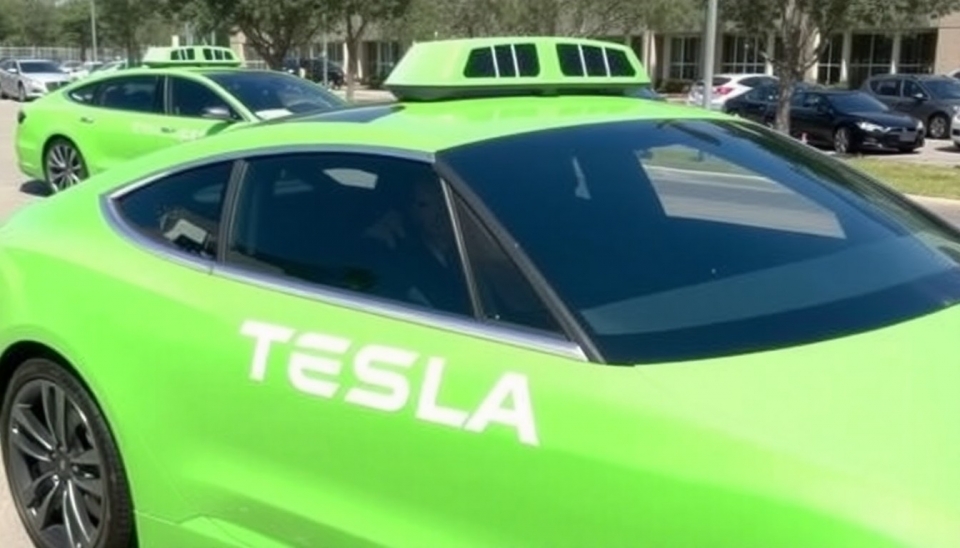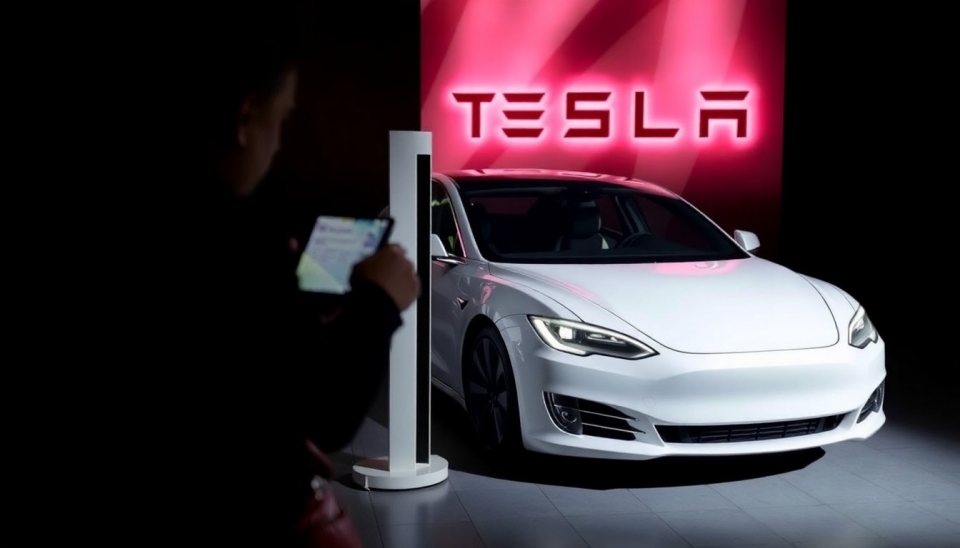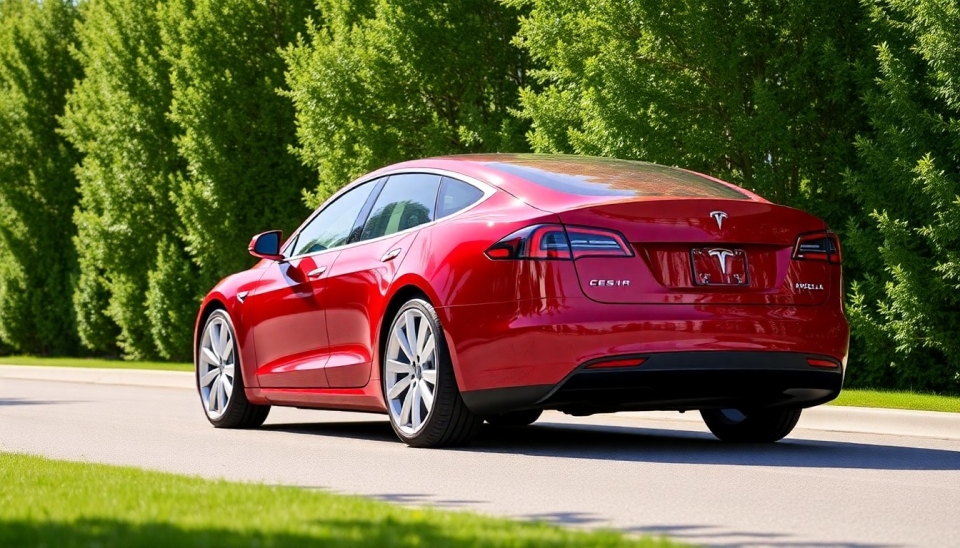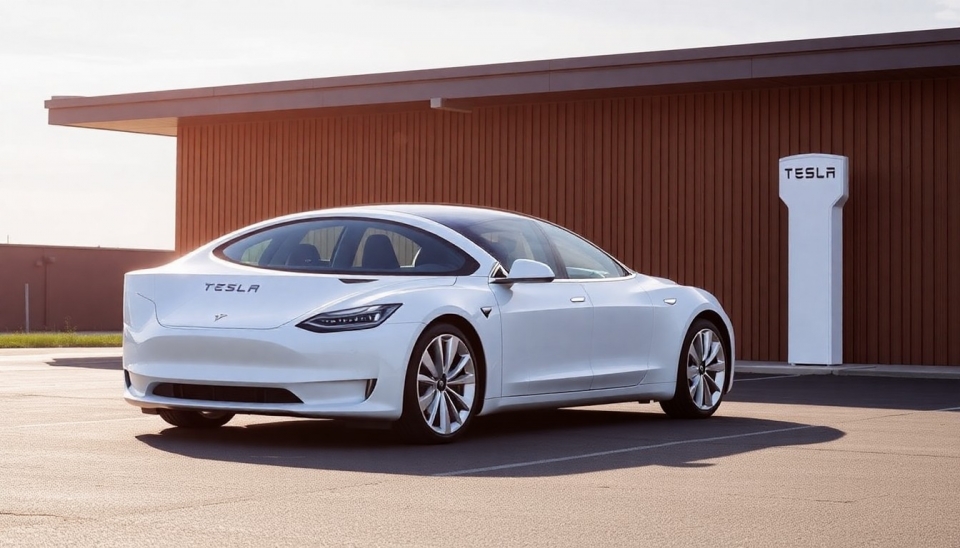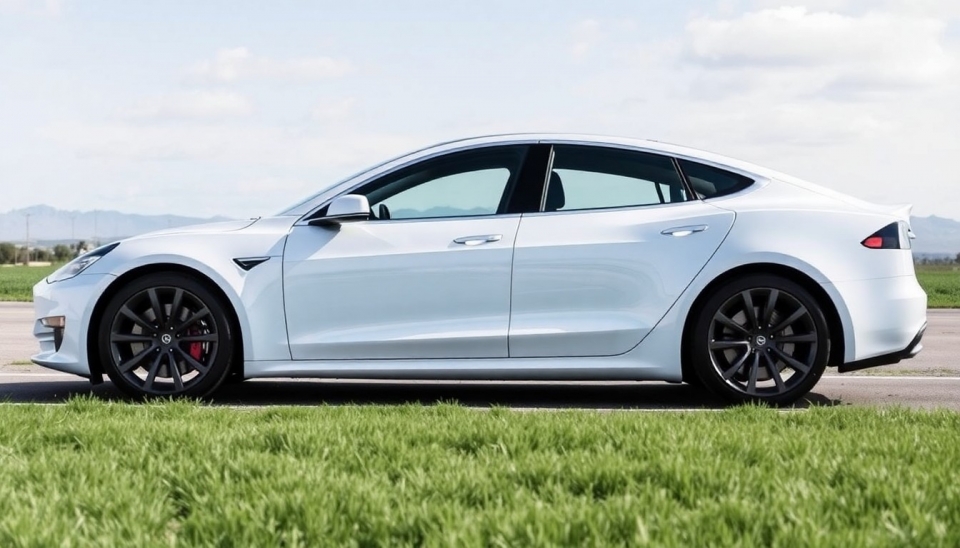
In recent years, Tesla has been heralded as the frontrunner in the electric vehicle (EV) landscape, but recent developments hint at a potential shift in the industry’s dynamics. As numerous traditional automakers ramp up their electric offerings, investors and industry analysts are increasingly questioning whether Tesla's supremacy in the EV market is becoming a relic of the past.
Comprehensive analysis shows that Tesla, which once enjoyed a massive lead in the electric vehicle sector, is now facing intensified competition as established automotive giants such as General Motors, Ford, and Volkswagen introduce new models. These companies are leveraging their extensive manufacturing experience and distribution networks, combined with substantial investments in EV technology, to reduce Tesla’s outsized market share.
Recent Volkswagen reports indicated that they have significantly increased their EV production capabilities, aiming to capture a more considerable portion of the market. With their new electric models demonstrating impressive ranges and features comparable to Tesla, consumers are presented with an array of alternatives that were not available just a few years ago.
General Motors’ Chevrolet brand also launched its latest electric SUV, which is gaining traction among buyers eager for options. Ford similarly has positioned itself with an electric F-150, a nameplate known for its traditional gas-powered variant but now pivoting towards electrification. These new models have been well-received, indicating a potential sea change in consumer preferences and confidence.
Investment analysts have started to adjust their forecasts, as the competition not only raises questions about Tesla’s market dominance but also positions EV sales to potentially rival traditional vehicle sales in the coming years. Tesla’s valuation has been scrutinized more heavily amid these changes, with many arguing that its previously lofty market capitalization may not be sustainable in light of increasing competition.
Another significant aspect of this rapidly evolving market is regulatory support for EV adoption. Policymakers around the globe are implementing stricter emission standards and offering incentives for electric vehicle purchases. This shift underscores a commitment to transitioning away from fossil fuels, benefiting all EV manufacturers rather than just Tesla.
However, Tesla still boasts advantages over its competitors, including a robust charging infrastructure and a strong brand loyalty cultivated over the years. Its innovative software updates and autopilot capabilities continue to attract a dedicated consumer base. Moreover, proposals for expansion in battery production could help Tesla maintain a competitive edge if executed effectively.
Ultimately, the question remains: can Tesla adapt quickly enough to retain its leadership role in a market that is evolving at an unprecedented rate? As the landscape becomes more crowded, the outcome of this competition could redefine the trajectory of the EV industry over the coming years.
Industry watchers will be keenly following the developments as Tesla navigates this new reality, balancing its pioneering spirit with the challenges posed by burgeoning competition.
#Tesla #ElectricVehicles #EVMarket #AutomotiveIndustry #Competition #Sustainability #Innovation
Author: Liam Carter
